What High Earners Need to Know About Secure 2.0
In 2022, Congress passed the SECURE 2.0 Act, which enacted many changes and enhancements to retirement plan rules—some which are still being phased in today.
One change affects higher-earning workers who participate in a company-sponsored retirement plan, like yourself. Starting January 1, 2026, individuals who are eligible to make catch-up contributions (those ages 50 or older) and who made more than $145,000 in FICA-eligible W2 wages during the prior year can no longer make traditional pretax catch-up contributions. These catch-up contributions must now be made to a Roth account.
A few things to know about this new policy:
The $145,000 income threshold is based on W-2 wages only; it does not consider self-employment, K-1, or 1099 income.
Prior year income is used to calculate eligibility. So, if you earned more than $145,000 in 2025, the change applies to you during 2026 and so on.
Eligibility is based on individual income; it does not consider spousal income even if filing jointly. Both spouses would be affected if each earns more than $145,000 separately.
You are still able to make pretax contributions up to the normal IRS limit, but the catch-up portion above that amount must go into a Roth (after-tax) account.
This change means that you will no longer receive a tax deduction for your catch-up contributions. Pretax elective deferrals up to the normal annual limit as set by the IRS may still be deductible.
It is likely that your employer is already working with the plan’s administrator and/or recordkeeper to ensure proper accounting, but you may want to check with them to ensure availability. Note that if your plan does not offer a Roth option and made more than $145,000, you will not be able to make catch-ups at all.
We are happy to connect with you to discuss the potential impact to your retirement savings plan, but we also recommend discussing with your tax preparer or CPA how this change may affect your income tax going forward.
Sincerely,
Integrated Equity Management
This material has been provided for general informational purposes only and does not constitute tax, legal, or specific investment advice. Although we go to great lengths to make sure our information is accurate and useful, we recommend you consult a qualified professional regarding your situation. Commonwealth Financial Network does not provide tax or legal advice.

